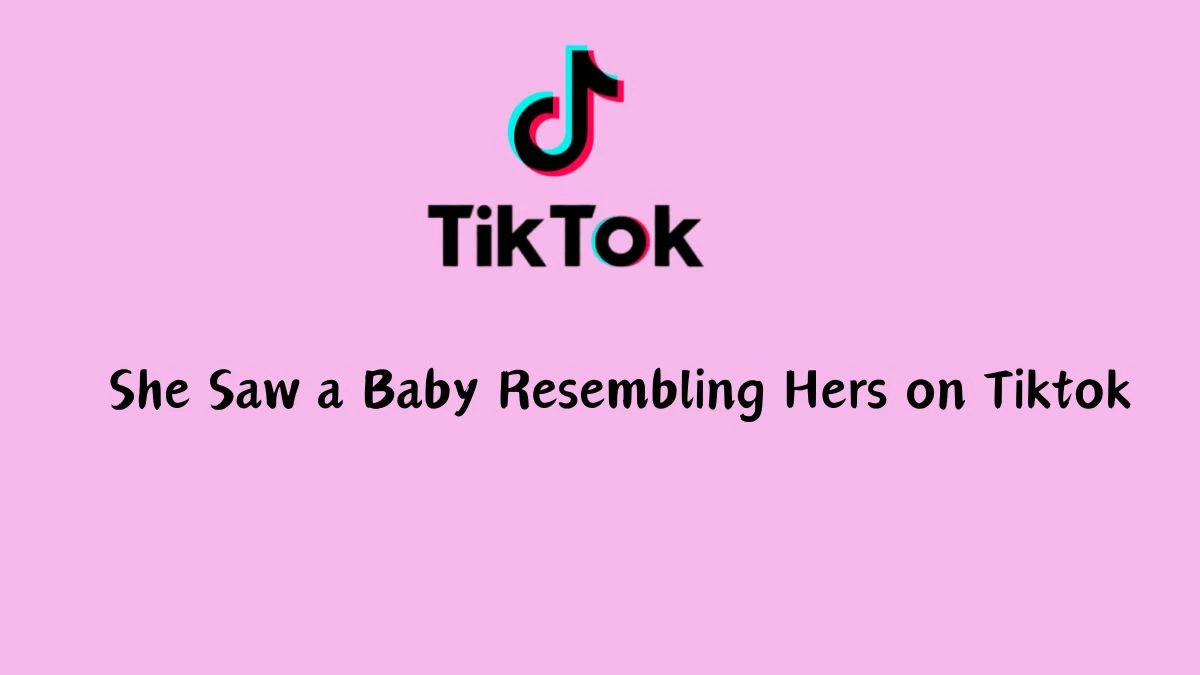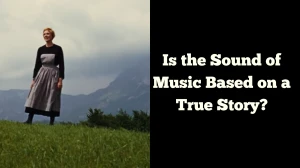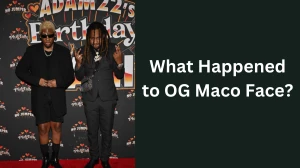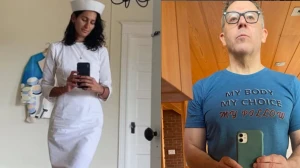She Saw a Baby Resembling Hers on Tiktok, Morgan Rachal Raising Awareness Through Social Media
by
Updated Aug 10, 2024

She Saw a Baby Resembling Hers on Tiktok
Morgan Rachal, a 29-year-old mom from Louisiana, saw a baby on TikTok who looked like her daughter Lydia. After noticing similar symptoms—ear infections, sleep problems, and digestive issues—Rachal grew worried. She discovered that the other children had Sanfilippo syndrome, a rare genetic disorder that causes severe neurological damage over time. Concerned, Rachal had Lydia tested, and the results confirmed the diagnosis.
Now, Rachal is using TikTok to raise awareness and funds for clinical trials, as there is no cure yet for the disease. Her campaign has gained global support, highlighting the power of social media in seeking medical answers.
Morgan Rachal Raising Awareness Through Social Media
Morgan Rachal’s journey to raise awareness about Lydia’s condition has gained significant traction on social media. After discovering a resemblance between Lydia and other children with Sanfilippo syndrome on TikTok, Rachal began sharing her story. Her posts have gone viral, with one video amassing over 4 million views.
This widespread attention has not only educated others about the rare syndrome but also mobilized support for her fundraising efforts. The use of social media platforms has proven crucial in connecting with people who can offer help, spreading awareness about rare diseases, and advocating for crucial medical trials.
Fundraising for Clinical Trials
In light of Lydia’s diagnosis, Rachal has launched a fundraising campaign to support clinical trials for Sanfilippo syndrome. The cost of participating in these trials is extremely high, prompting Rachal to seek public donations. Her campaign aims to raise $1 million to cover the expenses and provide Lydia with a chance at experimental treatments that could potentially slow the disease’s progression.
The outpouring of support from TikTok users and the broader community has been heartening, with many contributing financially or offering words of encouragement. This collective effort underscores the importance of community support in addressing rare medical conditions.




